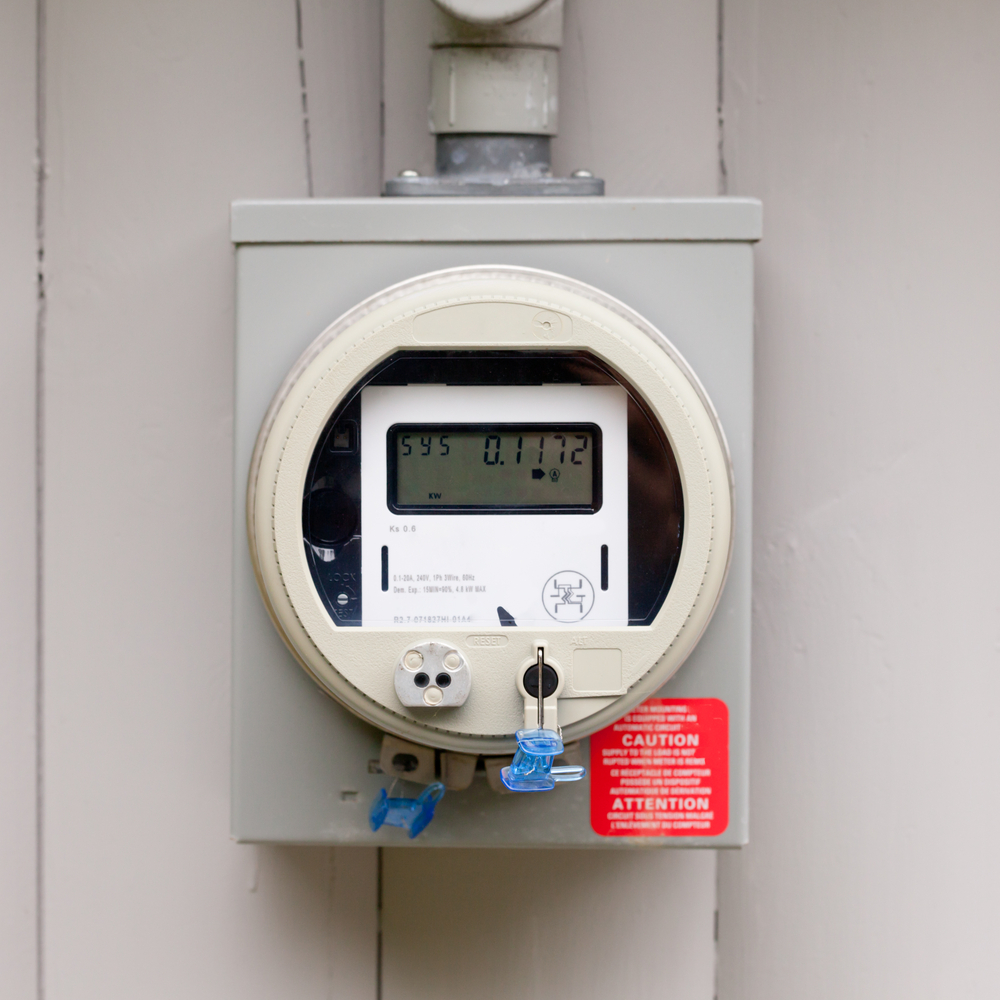The Ministry of Finance recently published an order for public comment on cutting purchase tax on indirectly imported vehicles, which would cause a major shakeup in Israel’s automotive industry. The order grants benefits to a segment that accounts for less than 4% of annual sales in the market, so its horizontal impact on the market is negligible. But some in the industry view it as a dangerous precedent because, for the first time, the Ministry of Finance is adopting discriminatory taxation, which grants benefits only to some importers.
Moreover, purchase tax on new vehicles produces about NIS 15 billion annually for the Ministry of Finance, making the Ministry of Finance cautious on changes, unless it involves raising taxes. The Ministry of Finance also tends to view car importers as efficient “tax collectors,” who channel billions of shekels from customers to the Ministry of Finance with minimal bureaucratic complications.
However, in recent months, political pressure to grant tax benefits to the parallel import market has increased greatly, and finally the Ministry of Finance has bowed to pressure despite significant opposition from its senior officials. The proposed order is complex and can be confusing.
What is the aim of the order?
The Ministry of Finance claims the Israeli vehicle market is centralized and suffers from a lack of competitiveness benefitting direct importers. To prove the claim, the Ministry of Finance cites a host of historical reports, from the Zelika Committee report 14 years ago, to the State Comptroller’s report, which referred to the excessive profitability of direct importers in 2019-2021.
The Ministry of Finance has not yet presented current data, which the Israel Tax Authority possesses, showing the erosion of profitability in the industry in the past few years, as the number of imported brands has almost doubled and competitive pressure has increased.
Furthermore, the Ministry of Finance claims that purchasing a vehicle directly from the manufacturers gives direct importers a cost advantage over indirect importers. However, they do not mention that the Automotive Services Law gives indirect importers fringe benefits such as the lack of the need to provide customer service and warranty, maintain spare parts, or have showrooms. Which makes their cost structure much lower.
How is the tax benefit calculated?
Indirect car importers currently pay the same 83% purchase tax as direct importers, except for electric vehicles, which are calculated according to the price at which they purchase the vehicle from the manufacturer plus the cost of transport, insurance, etc. This price is called the CIF price and the Ministry of Finance says that the CIF for indirect imports is higher.
RELATED ARTICLES
Chinese share of Israeli car market highest in developed world
New car deliveries in Israel hit five year low
Can Tesla stage a comeback in Israel in 2025?
Tough EU regulations removing popular cars from Israel
The new order effectively severs the direct link between the purchase tax and the price paid by indirect importers to dealers abroad. It “attaches” it to the price paid by direct importers to the manufacturer. This is done by setting a “normative fixed tax,” in shekels, for each group of vehicles.
In this way, the Ministry of Finance claims, the tax on indirect importers will be similar to the purchase tax paid by direct importers. According to industry estimates, these tax benefits can range from about NIS 2,000 per vehicle to NIS 8,000 per vehicle, depending on its list price.
The CIF price, which direct importers pay to manufacturers, is supposed to be a trade secret, kept confidential by the Israel Tax Authority, and the tax benefit indirectly reveals it. It is doubtful whether this will stand up to legal scrutiny.
In addition, the order lacks a mechanism that would force indirect importers to pass on the tax benefit, or part of it to the price to the customer.
Who will profit from the benefits?
The tax benefits are intended only for car importers who hold an indirect import license. That is, parallel and small importers who purchase vehicles from dealers. This is in contrast to regular importers, who purchase directly from the manufacturer through a franchise agreement. Currently, there are about 50 parallel importers and over 500 “small” importers registered in Israel, not all of whom actually import.
Despite hundreds of percent growth in the number of indirect importers, the volume of indirect imports in recent years has been low. In 2024, only 5,767 vehicles were sold through the indirect channel, a share of about 3% of total sales. According to data from the Israel Tax Authority, indirect imports focus on luxury vehicles, for which the profit per unit is particularly high. The latest published figure (2023) showed that the average price of an indirect import vehicle was NIS 325,000, almost 30% higher than the average price in the entire market.
The order states that direct importers, who also hold an indirect import license, will not be able to enjoy the new benefits. This step may also stand a legal test because the Vehicle Services Law states that any person or business entity that meets the established conditions can receive an indirect import license. It is not impossible that a by-product of the order will be that direct importers will establish separate business entities in order to enjoy the benefits.
What vehicles will be included?
The Ministry of Finance hopes to grant the benefit only to vehicles that belong to what it calls the “main segment” of the new car market. It has arbitrarily set the price range of this segment as between NIS 90,000 and NIS 300,000 at list prices for consumers and not for luxury vehicles. The benefit also does not apply to electric vehicles, on the grounds that the purchase tax for electric vehicles is lower.
The Ministry of Finance has formulated a complex mechanism for calculating the amount of the benefit, which includes 10 vehicle groups, to which all vehicle models that were not excluded from the order were assigned. The models were divided into groups according to their “average list price,” including VAT, with each group being given a specific tax credit amount. The Ministry of Finance has even published a detailed list of 160 models that belong to these groups.
The problems that may arise
The proposed format may lead to a variety of manipulations. The order rules out granting benefits to luxury vehicles, which constitute a significant part of the “business” of indirect imports. However, a situation could arise in which a vehicle priced at NIS 295,000 is eligible for the benefit, while a vehicle costing NIS 305,000 is not. Can the first be defined as popular and the second as luxurious?
Another scenario could see official importers raising the official list prices for certain models to over NIS 300,000, in order to avoid tax benefits to parallel importers in different models and groups and remove models from the list. The list of models itself includes quite a few that were marketed in Israel but have already been discontinued, and many others, which are not at all relevant to indirect imports.
Relying on the official price list price may also be problematic, since there is a significant gap in Israel between the official price lists of many models and their actual marketing prices, after discounts for vehicle fleets, promotions, etc. The method also does not take into account the substantial impact of differences in equipment specifications. Indirectly imported vehicles are often better equipped and therefore subject to higher taxes.
Another question that the Ministry of Finance will have to consider is: why discriminate against an electric vehicle, in contradiction to the policy of encouraging imports of these vehicles.
Published by Globes, Israel business news – en.globes.co.il – on July 21, 2025.
© Copyright of Globes Publisher Itonut (1983) Ltd., 2025.
























